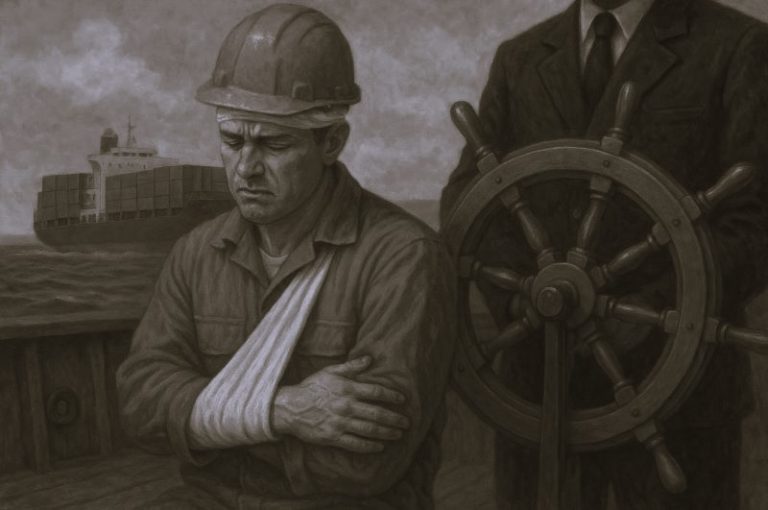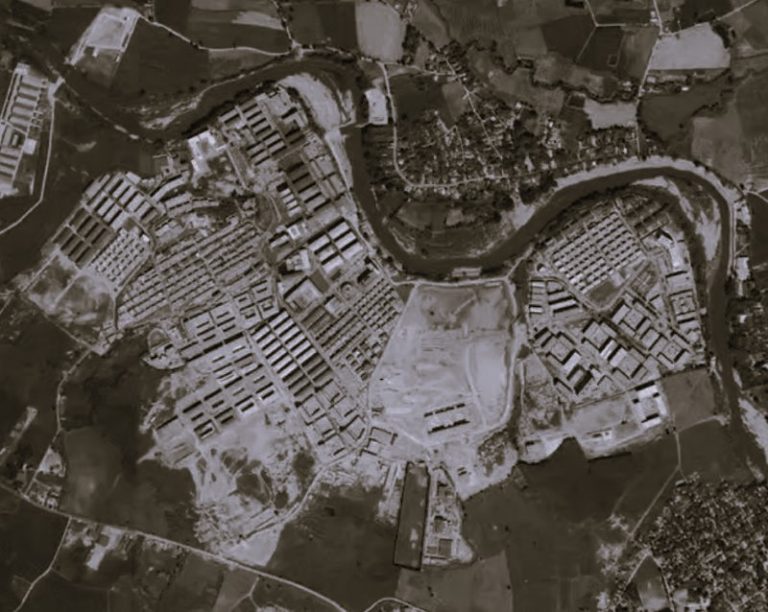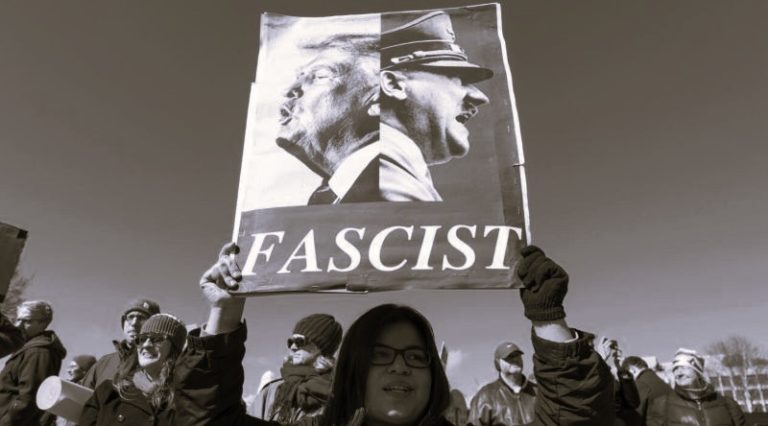
This year marked the centennial of the conclusion of the First World War, an anniversary that passed in this country with relatively little notice.

By Dr. Benjamin L. Alpers
Associate Professor of American Intellectual and Cultural History
The University of Oklahoma
Yesterday, my family went to a screening of They Shall Not Grow Old, Peter Jackson’s new World War I documentary, which apparently set records for a cinematic “event” (i.e. a special one- or two-day theatrical engagement).[1] Before the film, this fundraising PSA by the United States World War One Centennial Commission for the forthcoming National World War I Memorial in Washington, D.C., played:
I was fascinated by this ad and what it says about World War I memory in this country.
This year marked the centennial of the conclusion of the First World War, an anniversary that passed in this country with relatively little notice, as had 2014’s centennial of the start of the War and 2017’s centennial of American entry into it.
The pitch for the new Memorial is, in effect, built on this absence of memory:
“Today, in our nation’s capital, every major American war fought in defense of freedom is honored with a memorial, save World War I.”

This claim is, narrowly, true. But, in fact, the nation has major, national memorials to the Great War. Since 1926, Kansas City, Missouri, has been home to the National World War I Museum and Memorial, which features a 217 foot-tall tower. And the Tomb of the Unknown Soldier in Arlington National Cemetery began life as a memorial to a World War I serviceman, though the remains of unknown soldiers from World War II, Korea, and Vietnam were later added.
Nevertheless, it has become something of a cliché that World War I is a forgotten war in this country. That reflects, in part, the relative shortness of American involvement in the conflict. Though (as the PSA for the new memorial notes) more Americans died in the Great War than in Korea and Vietnam combined, the War was much more devastating to the European countries involved in it.
But there’s a larger reason for American forgetfulness of World War I that is, I think, not often enough noted in contemporary, popular accounts of American World War I memory. World War I was a deeply bitter experience for many Americans. Wartime patriotism was harsh and divisive, with German-Americans in particular victims of their neighbors’ wrath. World War I was the first time the federal government engaged in modern propaganda. It also marked a low point in protections for dissent in America…and things got arguably worse during the First Red Scare that immediately followed the War. African American soldiers, who served with distinction in the war, frequently met racial violence when they returned to the country. And the promises that the War would make the world “safe for democracy” quickly proved utterly false. The often bloodless accounts of the failure of the Treaty of Versailles in the Senate and America’s retreat from the world in the 1920s fails to capture the anger that so many in this country felt about the war’s many broken promises, anger that boiled over when tens of thousands of veterans marched on Washington, D.C. in May 1932, demanding bonus payments that they had been promised.

Police and the Army eventually drove out the Bonus Marchers, an event that contributed to the general sense that the country was falling apart under President Hoover’s failed leadership. A year later, in large measure in response to the Bonus marchers, the Hollywood musical Gold Diggers of 1933 would conclude with a sequence urging the country to remember the “forgotten man” who fought World War I.
Later in the decade, when the Roosevelt Administration faced the task of convincing Americans to take part in another World War (following years of World War I-influenced neutrality toward European conflict), many of the choices reflected a concerted effort not to make the conflict resemble the First World War. American World War II propaganda celebrated German Americans and emphasized that we were fighting Nazism, not the German people. And the countries fighting against the Axis were designated the “United Nations,” in part because the word “allies” had too much World War I resonance.
Now, three quarters of a century later, the United States World War One Centennial Commission, in that PSA for the new memorial, describes the fight with an incredibly generic bromide: “Liberty must always be defended, strengthened, and cherished.”
We usually think of memorials as recording and marking memory. But sometimes the precondition for a memorial is a whole lot of forgetting. Far from overcoming the American forgetfulness about World War I, that forgetfulness is a kind of necessary precondition for the new, celebratory memorial. It’s taken one hundred years for the memory of the actual American experience of the Great War to fade enough for a blandly heroic substitute to be constructed in its stead.
Note
- The verdict: it was a powerful use of period World War I footage and oral histories that provided a real sense of the experience of British infantry soldiers on the Western front but neither attempted, nor offered, any real interpretation of the larger causes or effects of the war. Jackson’s digital enhancement of period film generally worked, though the enhanced faces of the soldier often fell into a kind of uncanny valley. You can get a little taste of the effect here.
Originally published by S-USIH (Society for U.S. Intellectual History), 12.28.2018, under the terms of a Creative Commons NonCommercial-ShareAlike 3.0 Unported license.







